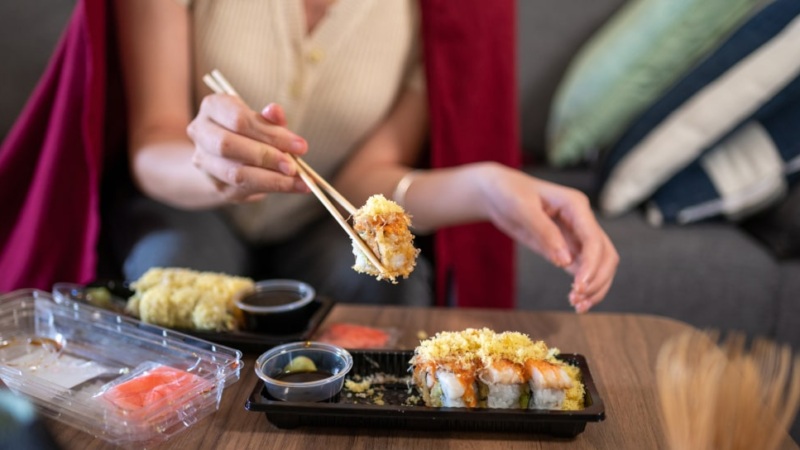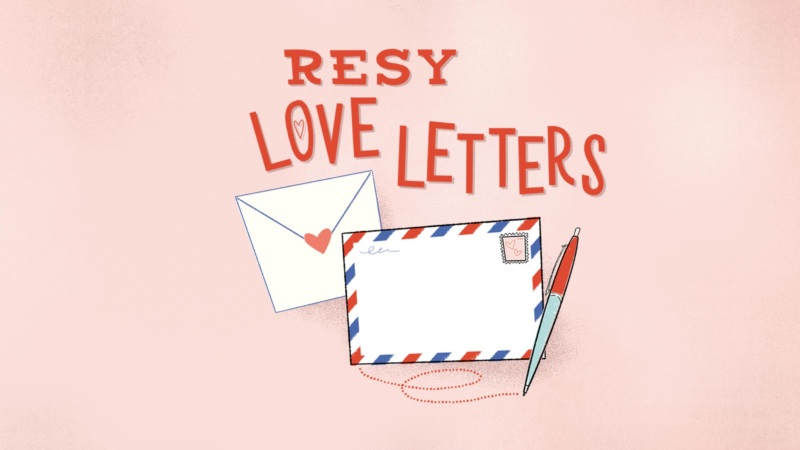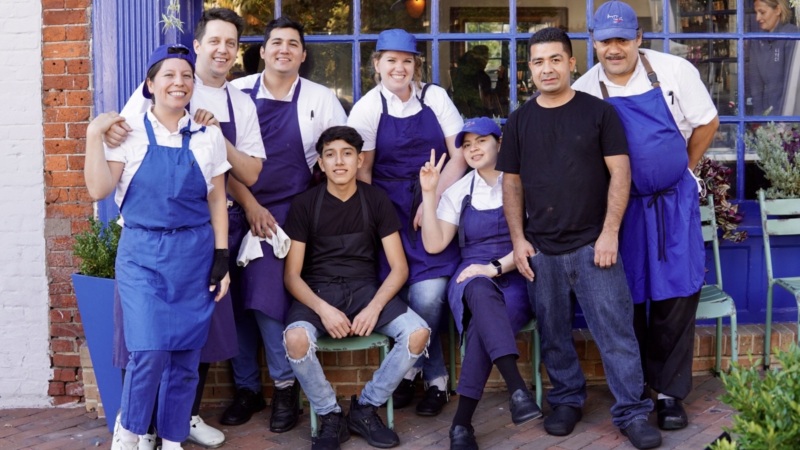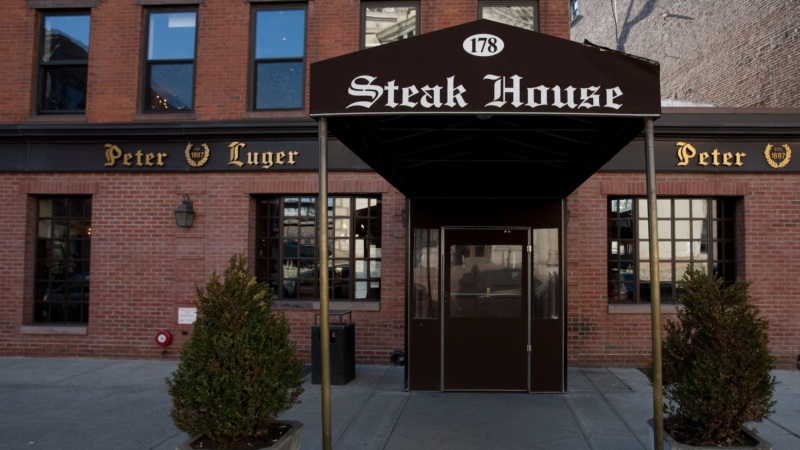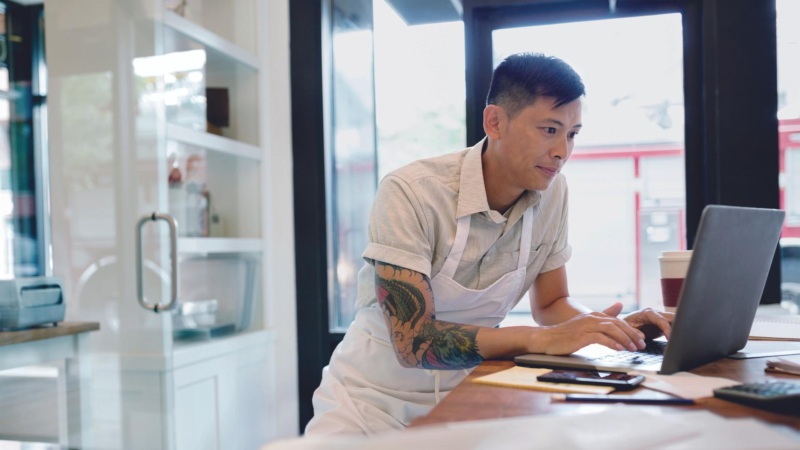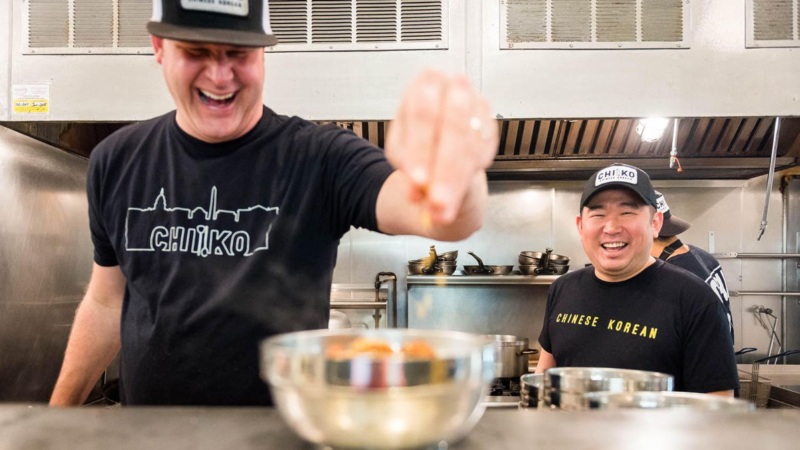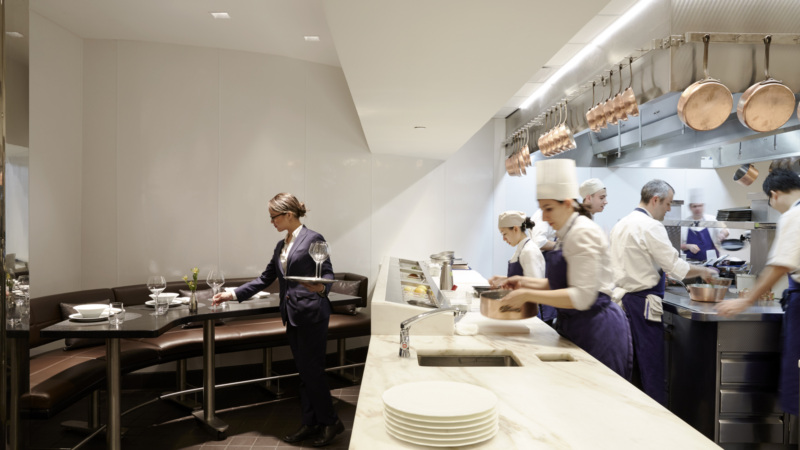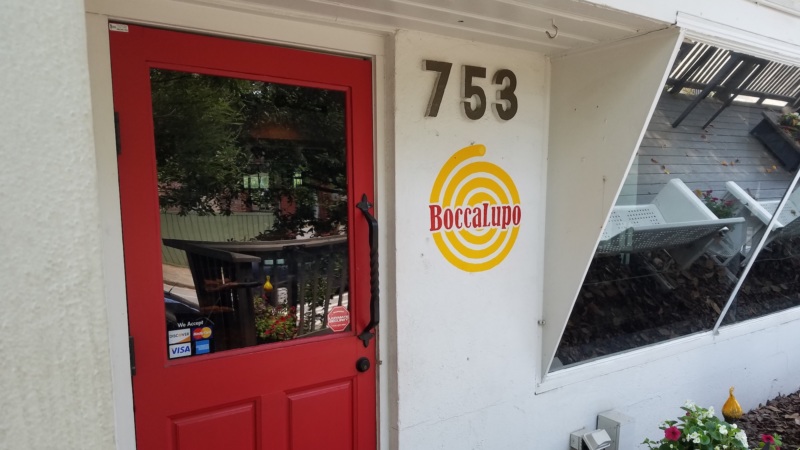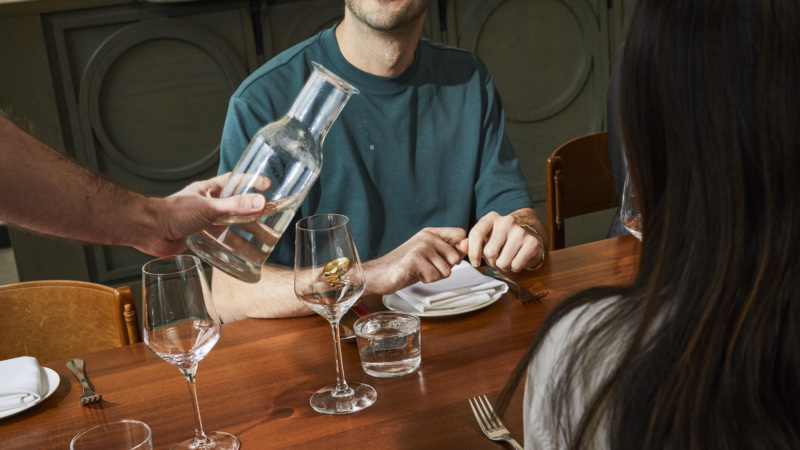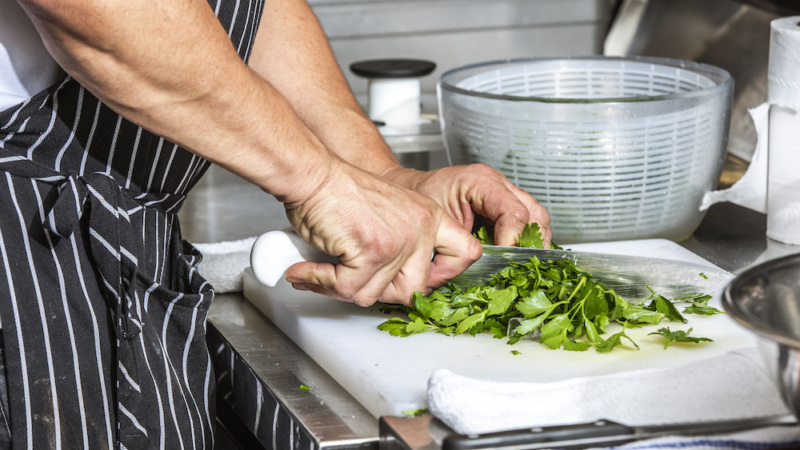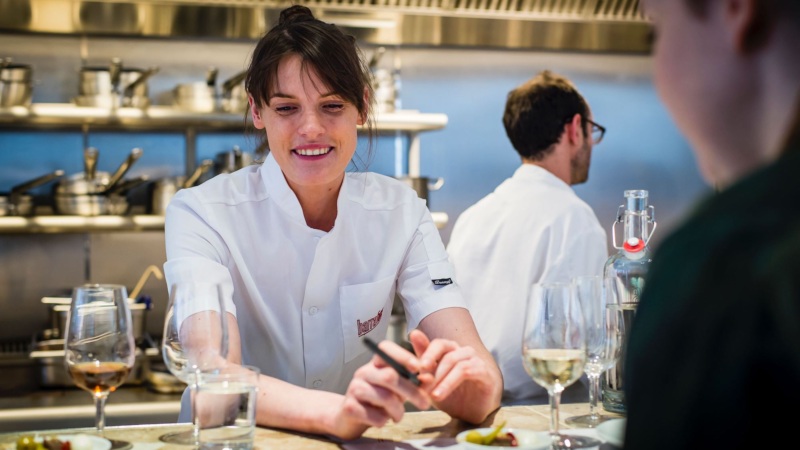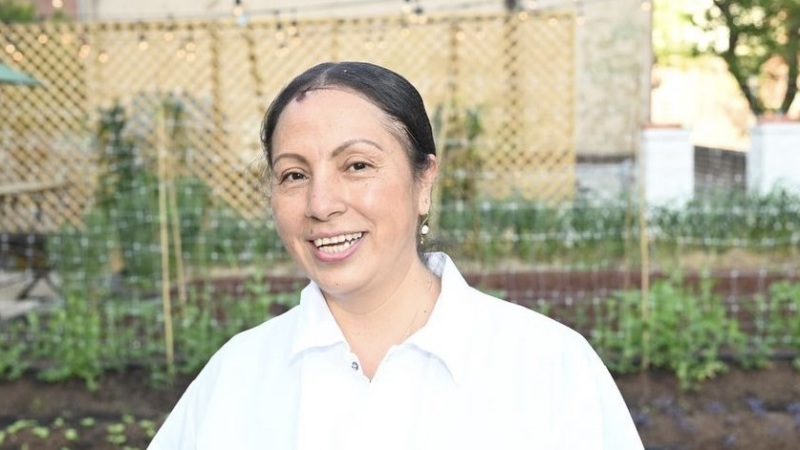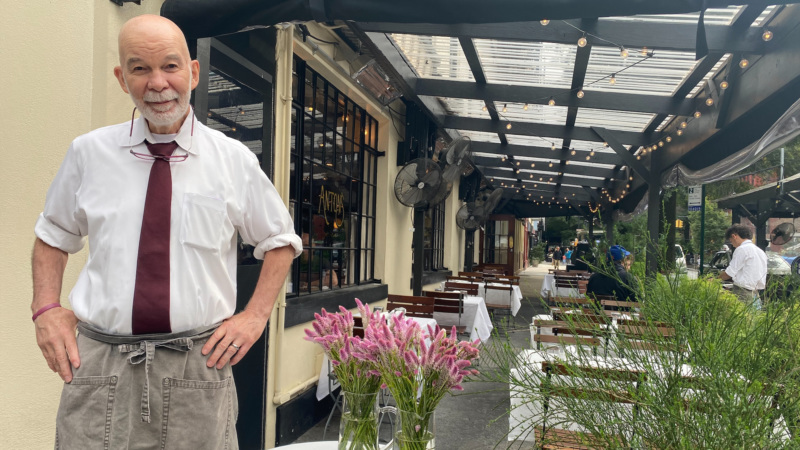
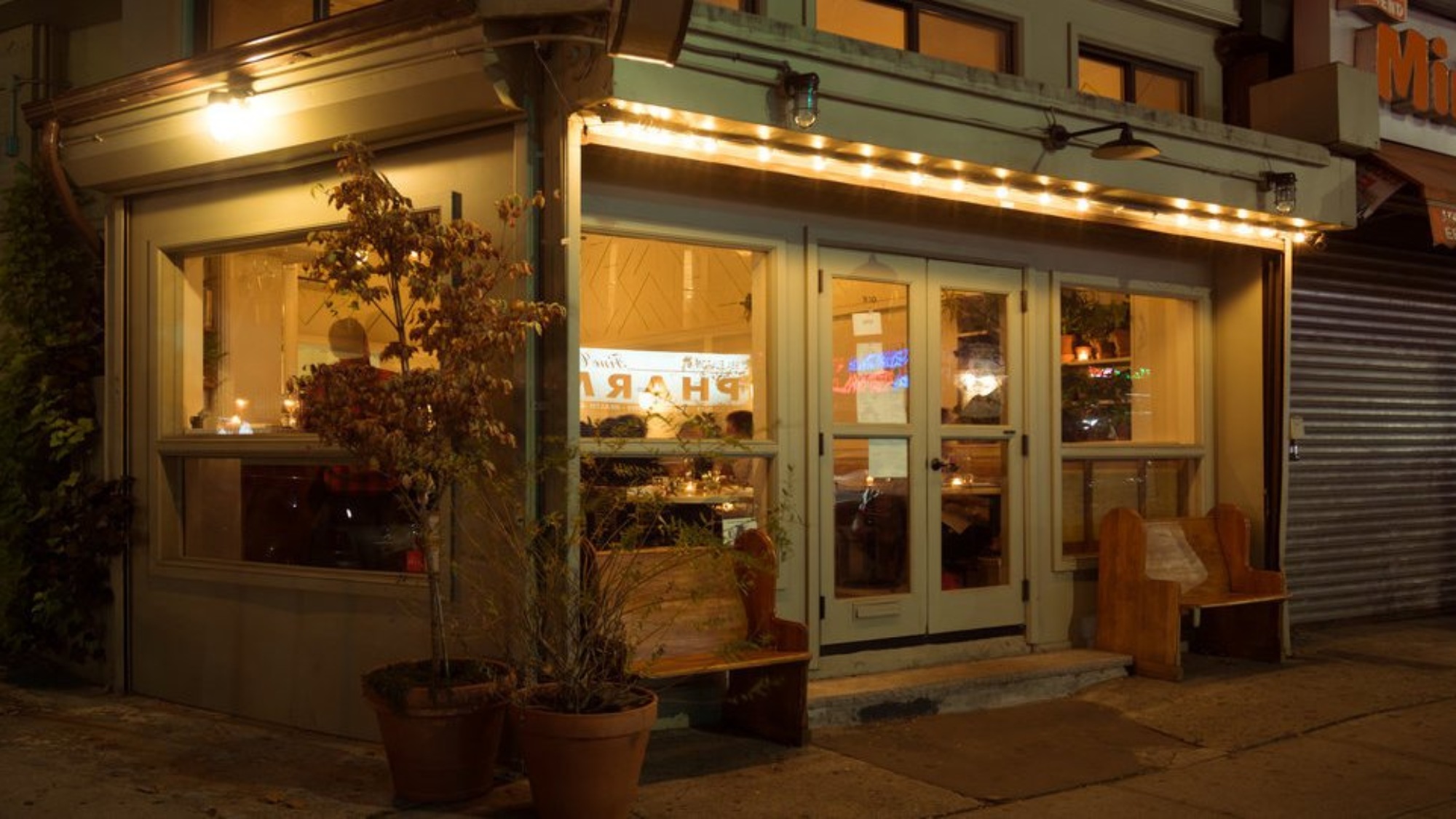
Navigating Vaccine Policies
With the contagious Delta variant spreading across the country, many restaurants are choosing to institute their own COVID-19 vaccination policies. If you decide to go this route, we want to ensure you have the support you need to operate efficiently and communicate clearly with guests.
We spoke with operators in New York that have already instituted their own policies, received customer feedback, and learned best practices along the way. They provided their best insider advice for keeping both staff and guests safe and informed when choosing to add vaccination policies to their operations.
1. Seek input from staff and trusted advisors when deciding what measures to take.
Samantha Safer, owner at Otway: All of the decisions at Otway have been made by the staff as a whole, masking or not masking, serving inside or outside, vaccinated or not. The team has brought their personal and collected experience to the table and we have made the choices together. Not knowing the vaccination status of the guests from March to July felt very uneasy and was a knot in the stomachs of our entire staff.
Ektoras Binikos, co-owner at Sugar Monk: I talked to my partners and our PR representative and decided that it was the right thing to do, that we should lead the way and not wait until it became mandatory in the city. We immediately felt a sense of relief as we felt that we finally had some control over the protection of our staff and guests.
Matt Kebbekus, COO at Happy Cooking Hospitality (Jolene, Joseph Leonard, Jeffrey’s Grocery, Fairfax): For a huge part of the last year and a half, I had standing calls with groups of other restaurateurs and operators to talk about things like this, just to feel out what are other people going to do, what choices have they made, what systems have they put in place, and what things we can do. We also surveyed our management teams to suss out what made them feel the safest, what policies they thought were the right ones, and to help anticipate how guests would react to it. From all those inputs, we discussed what will make us feel the safest, and synthesized that into a policy.
2. Once you decide on a policy, craft a message that is clear and communicates your values.
Michael Dorf, CEO of City Winery: We keep emphasizing over and over, this is about safety. It’s not about politics, it’s not about philosophy or religion or us being zealous and wannabe thought leaders. We’re doing this to keep our staff safe, our customers safe, and our performers safe.
Safer: [Guests appreciate] our transparency and communication. We don’t sugar coat what we are doing and what we expect of our guests. Our staff is fully vaccinated and prepared to answer any questions the guests might have.
Kebbekus: For me, there’s a big different between saying, “Are you vaccinated?” because that can imply a judgment for the recipient, versus, “Do you have your proof of vaccination with you tonight?” Because then you make it about “do you” or “don’t you” have this card. It potentially doesn’t go down the same path that a question asked a different way could.
3. Keep guests informed through all available communication channels.
Dorf: We have a great opportunity to communicate with our patrons because we know who they are, whether it’s through Resy or through our ticketing system. Almost everyone who’s coming, we have the ability to let them know in advance, so we can communicate our policy. We’re very communicative via email and obviously use social as well to tell people what we do.
Kebbekus: Resy gives us lots of opportunities between text messages, pop-up windows, the restaurant listing itself, to communicate to our guest what our policy is.
Pro tip: Update your Resy OS Settings so guests know about your requirements before booking and before visiting your restaurant. See how to edit the Need to Know section here and how to create a double confirmation message with important information here.
4. Expect feedback of all kinds.
Kebbekus: The overwhelming amount of feedback is positive. People appreciate being asked – they’re like, “Thank you, no I’m glad you’re asking,” or, “I really appreciate that you’re doing this,” and they’ll just reach for proof of vaccination. Most people fall into that camp. They say, “Thank you for hosting a safe environment, it makes me feel good.”
Binikos: There has definitely been backlash. We have a big sign at our entrance that requests proof of vaccination to enter, but people still try to come in and argue their case, saying they forgot their card or they didn’t have a chance to get vaccinated yet, but still, they want to have a cocktail. It was challenging to have to argue our decision as we love our patrons and have worked hard throughout the pandemic to balance safety and customer service.
Dorf: It’s okay to have some people who are maybe not going to be happy with you, because the alternative is to have zero business because we have to close. We want to stay alive, we’ve got to keep our operations going, and even if it’s at a smaller capacity, that’s better than nothing.
5. Keep hospitality and empathy at the heart of your business.
Kebbekus: For me, [our policy is] really connected to hospitality. I do have judgments, but I’m going to reserve them. I’m going to be respectful and create opportunities as best as I can. I’m going to be firm and clear about my policy, but I don’t need to get into an argument with anybody about it. Luckily, our restaurants are able to offer a place to sit for everyone, and that is literally the first point in our policy: We accommodate everybody. And that’s because we have outdoor dining. Not everyone is so lucky.
Dorf: Hospitality is all about creating a comfortable space for your patrons. The definition of hospitality has kind of changed a little bit because now it really includes safety. For us, having a lot of people in a room, listening to music, eating, and drinking, we wanted to make it as safe an environment as possible. This became a very important part of our hospitality concept.
Hear more from these operators about their experience with vaccination policies on the Resy Blog here.
*Opinions and views in articles shared on Resy OS are presented for the purpose of discussion and commentary on topics of interest in the restaurant industry; they should not be viewed as substitutes for advice given by professionally engaged business consultants and advisors.







